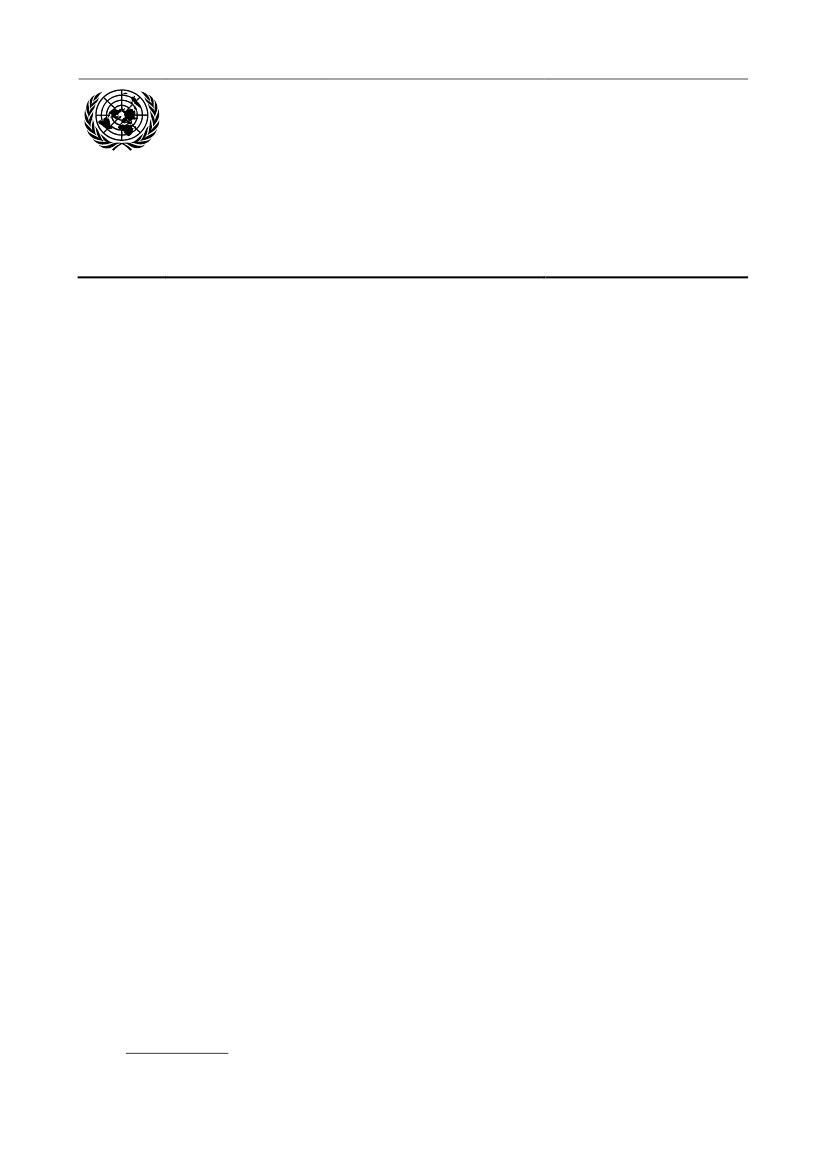
United Nations
A
/HRC/WG.6/38/DNK/1
Distr.: General
9 February 2021
Original: English
General Assembly
Human Rights Council
Working Group on the Universal Periodic Review
Thirty-eighth session
3–14 May 2021
National report submitted in accordance with paragraph 5 of
the annex to Human Rights Council resolution 16/21
*
Denmark
*
The present document has been reproduced as received. Its content does not imply the expression of
any opinion whatsoever on the part of the Secretariat of the United Nations.